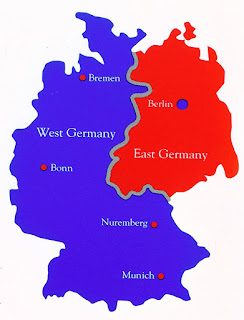STRANGER THINGS - REPRESENTATION
How are individuals and social groups represented? In Stranger Things individuals are split into different social groups, which is mainly organised through different age groups. For instance, Will, Mike, Dustin and Lucas represent one social group of younger teenagers who ironically are more clued-up on the unusual happenings of their small town. This pattern continues as the social groups get older, so secondly the older teenagers, predominately Nancy and Steve help to represent a very stereotypical social group. For instance, Nancy is represented as a studious character who is interested in her education however can also be influenced by other representations such as Steve's character. He is represented as a 'high school jock', interested in sports and girls, with a lesser interest in his studies. This teenage social group are less involved with the unusual goings-on however they soon become more involved. Whereas the final social group who are represented, the adults a...
